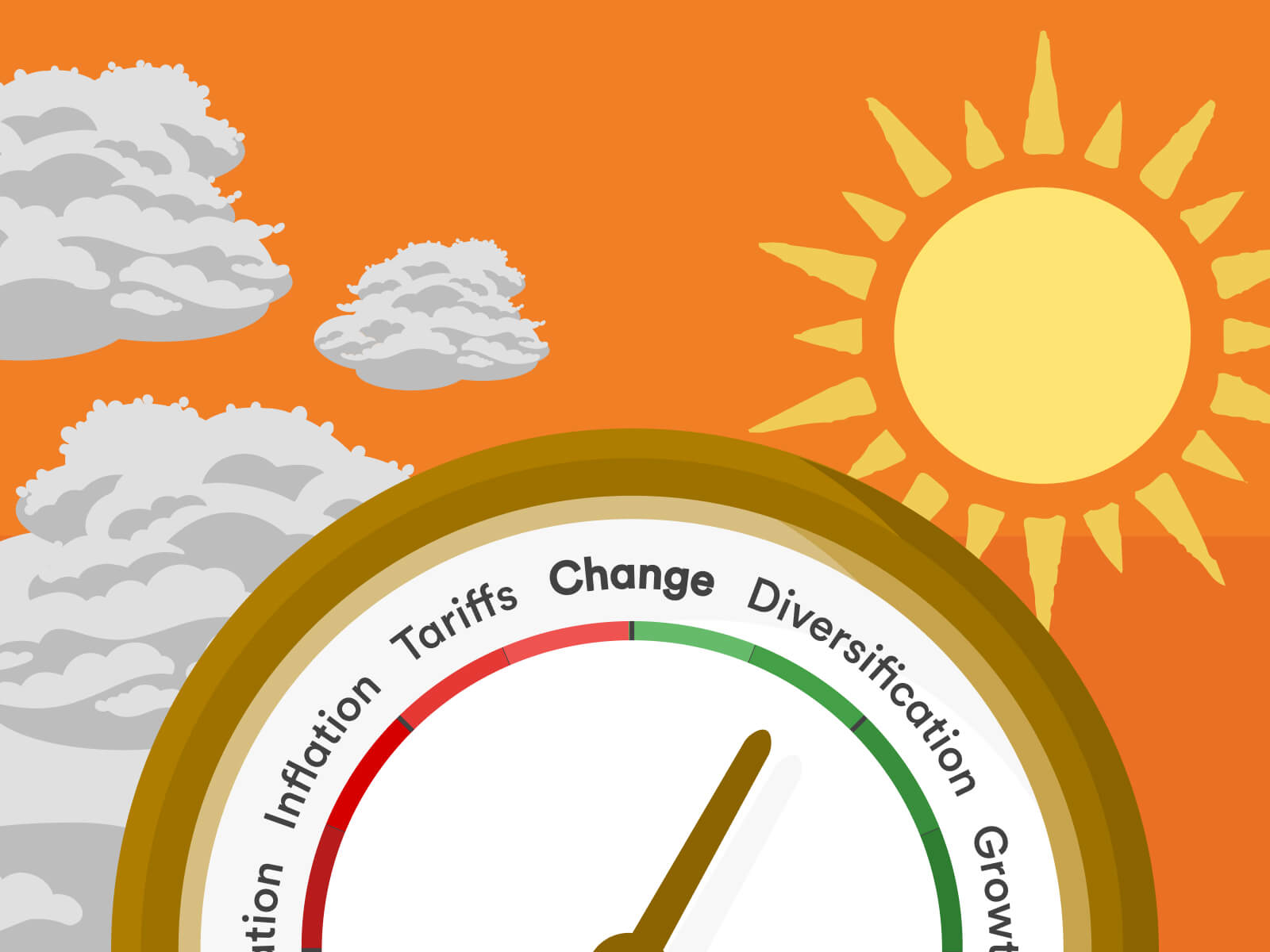Understanding beneficiary designations for your RRSP, RRIF or TFSA
The older we get, the less invincible we think we are. Unfortunately, just like taxes, death is a certainty. And you'll certainly want to name your beneficiaries properly in order to prevent headaches and tax troubles for them.
If you opened an RRSP (called RSP at Tangerine) when you were young and single, you may have named one of your parents or siblings as the beneficiary. You probably didn't put much thought into it. But if you enter marriage or a common-law relationship, you'll want to make sure those designations are up-to-date. (Note for residents of Quebec: beneficiary designations need to be made in your will or marriage contract for most plans. Designations made in the contract with your financial institution are not recognized in the province of Quebec.)
Here's why. If the person you designate is not a "qualified beneficiary," then when you die, the value of your RRSP or RRIF will be included as income on your final tax return. That means it'll get taxed like income from a regular job. And that can be a significant tax hit. Depending on how large your RRSP is, this could mean tens of thousands or hundreds of thousands of dollars if you've been a diligent saver. Make no mistake, this is a big deal.
You can avoid this tax burden if you've listed what the Canada Revenue Agency (CRA) calls a qualified beneficiary. A qualified beneficiary will receive the funds from your RRSP or RRIF without the value being eroded by taxes first.
A qualified beneficiary is one of the following:
- Spouse
- Common-law partner (note that the CRA has rules for partnerships that can be designated common-law, such as time cohabiting)
- Financially dependent child or grandchild under the age of 18
- Financially dependent child or grandchild who is dependent because of a physical or mental infirmity (can be any age)
Registered Retirement Income Fund (RRIF)
Another consideration for RRIF (called RIF at Tangerine) plans is that you can name your spouse as the "Successor Annuitant." Doing so makes it possible for them to receive the existing RRIF payments that you were receiving before death. If you name your spouse as the beneficiary, but do not specifically designate them as the Successor Annuitant, you still skip the tax hit, but the investments inside the plan will be sold (which may be subject to sales fees) and the proceeds can be rolled over into the surviving spouse's RRSP or RRIF.
Tax-Free Savings Account (TFSA)
Generally, with a TFSA you can name a spouse or common-law partner as a "Successor Holder" in provinces or territories where TFSA beneficiary designations are recognized. Upon death, the account ownership is transferred to the Successor Holder. They can choose to maintain it as a separate TFSA from their own (if they have one), or they can consolidate it into their own TFSA, assuming they have the contribution room. Either way, generally speaking, the transfer maintains its tax exempt status.
Since only a spouse or a common-law partner is allowed to be designated as a Successor Holder, anyone else can be listed as a designated beneficiary instead. This could include an ex-spouse, ex-common-law partner, children, or others. Although other rules apply, generally speaking, designated beneficiaries can choose to contribute the proceeds into their own TFSA if they have contribution room available.
If you don't name either a Successor Holder or designated beneficiary, all amounts in your TFSA form part of your estate, which means they could be subject to probate costs or estate tax before being disbursed.
Take home message
Since few of us know when we're going to die, it's important to review beneficiary designations every few years, or anytime there's a change in your household. When in doubt, seek the advice of a lawyer who can help you with your estate plans.

